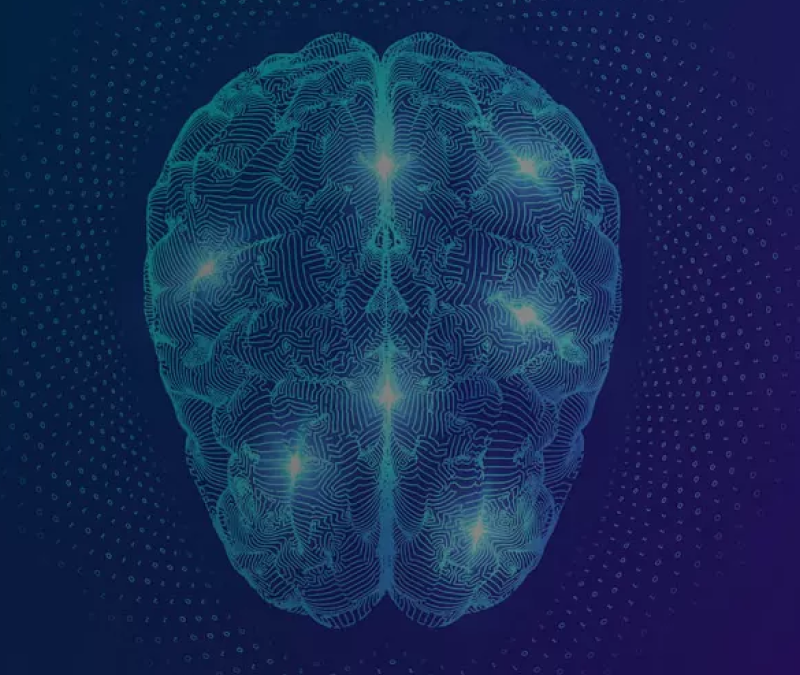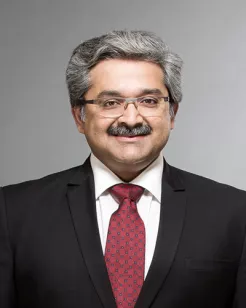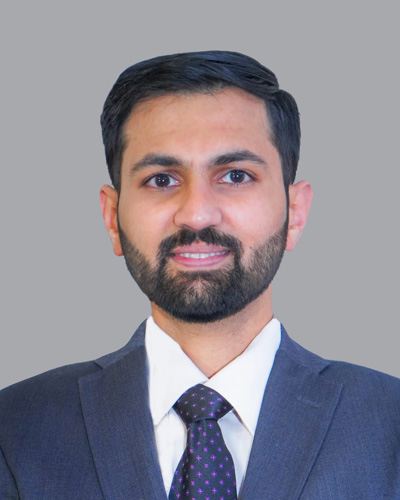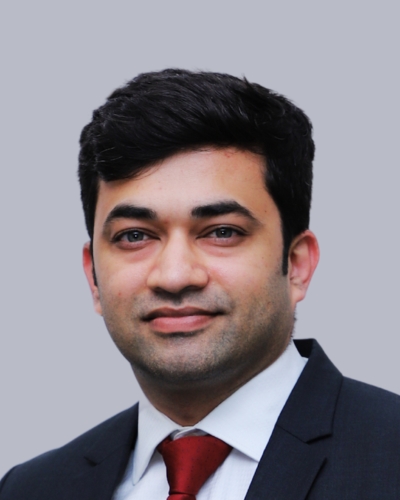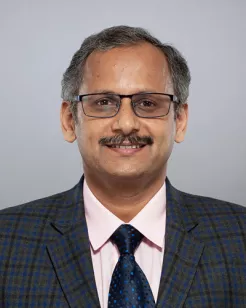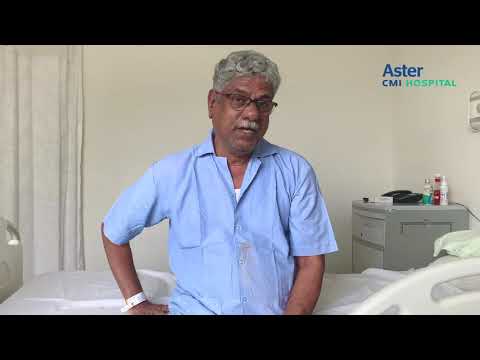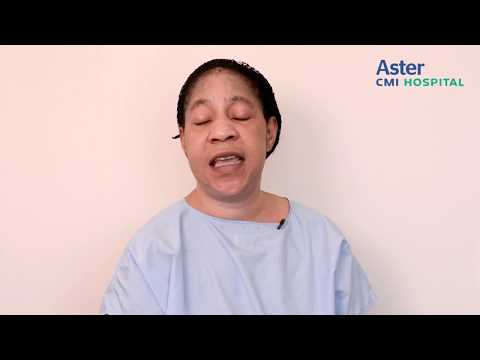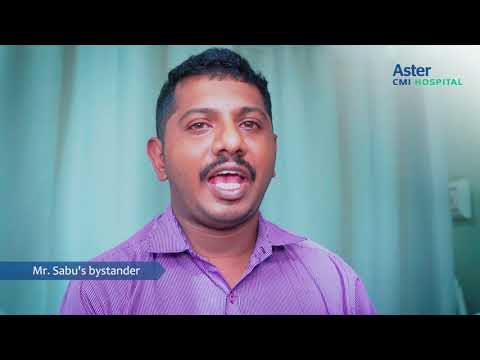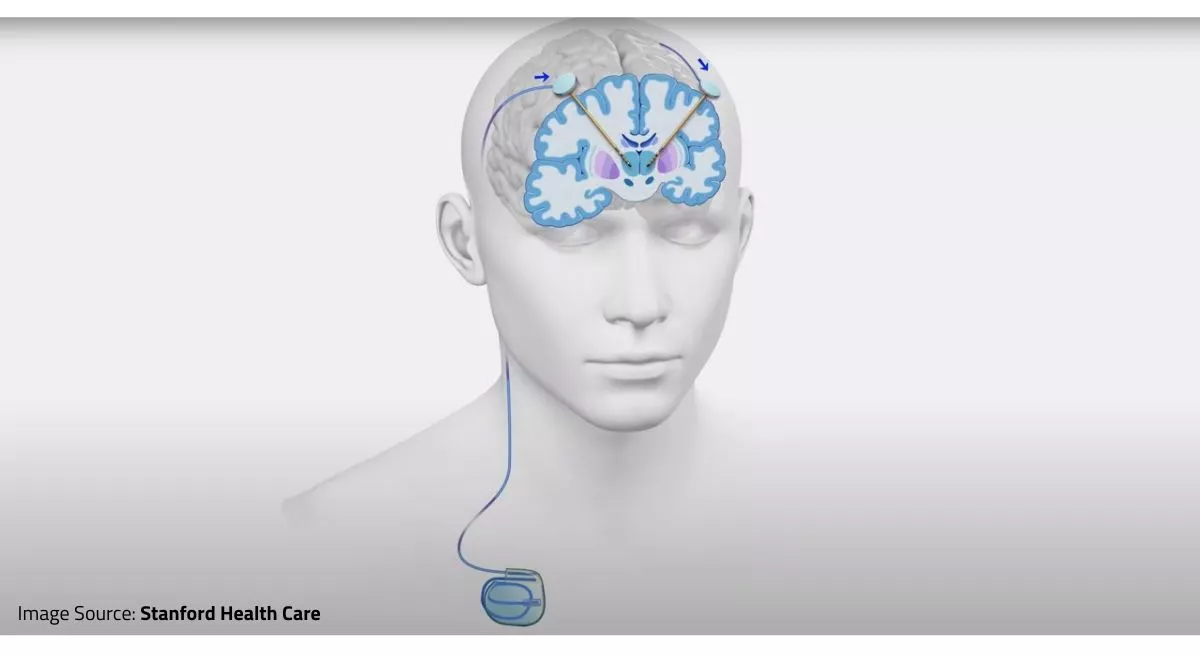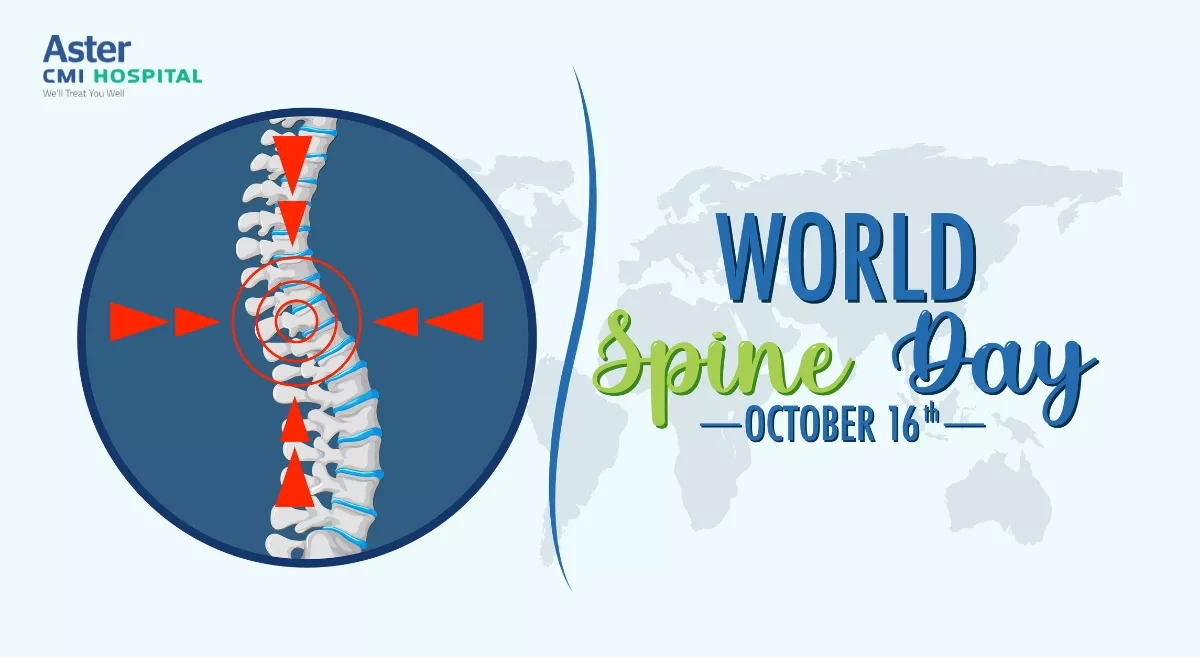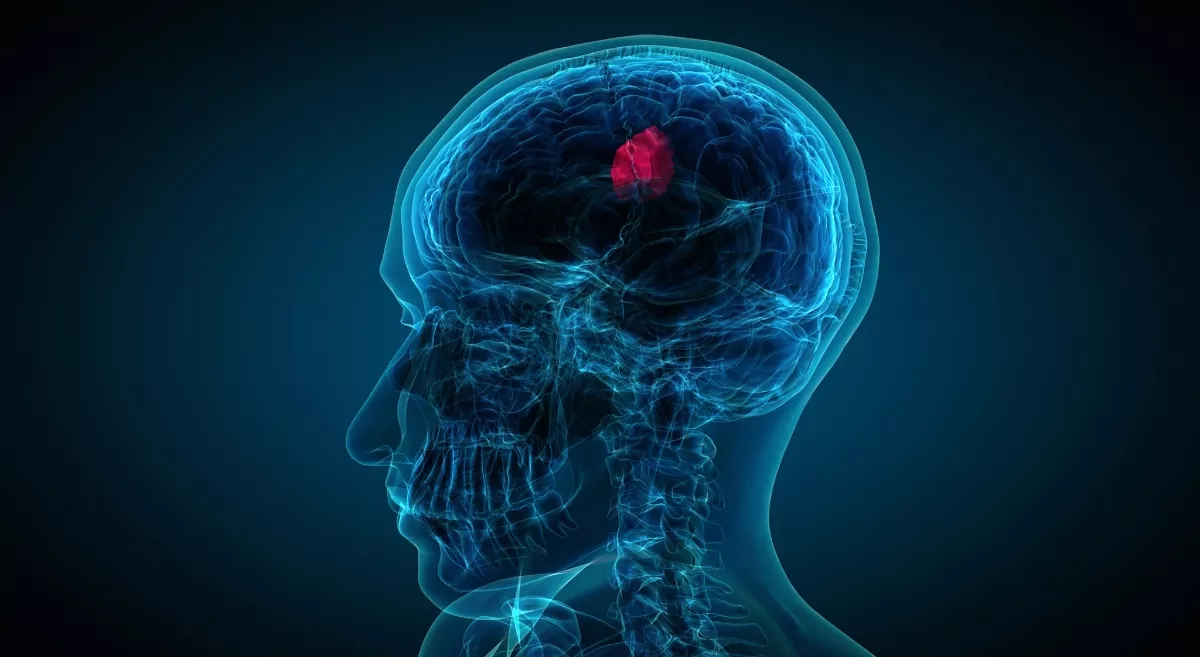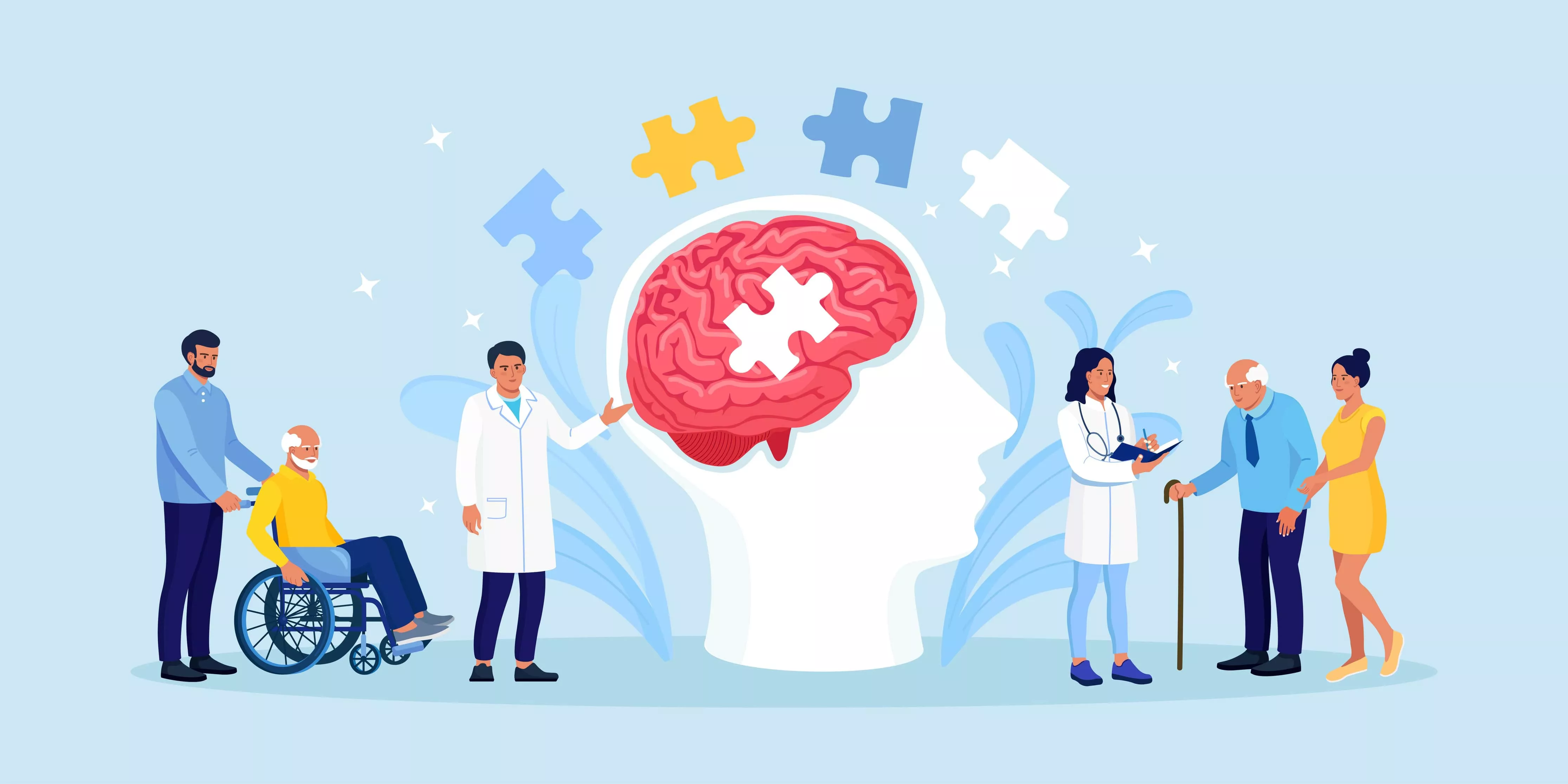The Neuro surgery department at Aster CMI Hospital provides extensive treatment & care for all ailments related to the brain, spinal cord, and peripheral nervous system. Some of the neurological treatments offered are for stroke, brain tumors, and head injuries as well as spinal treatments for spinal tumors, disc herniation, cervical/ lumbar spondylosis, sciatica, and congenital spinal deformities.
As an expertly skilled neuro-spine team, it consists of experienced neuro and spine surgeons who work in collaboration with specialty nurses, rehabilitation therapists and radiology technicians to provide customized and comprehensive treatment to all patients.
Advanced Technology & Facilities
Well equipped with the latest medical equipment, modern technology & infrastructure, Aster Hospital is one of the best hospitals in India.
Patient Stories
Our patients are our best advocates, hear the inspiring stories of their treatment journey
Blogs
The source of trustworthy health and medical information. Through this section, we provide research-based health information, and all that is happening in Aster Hospital.

